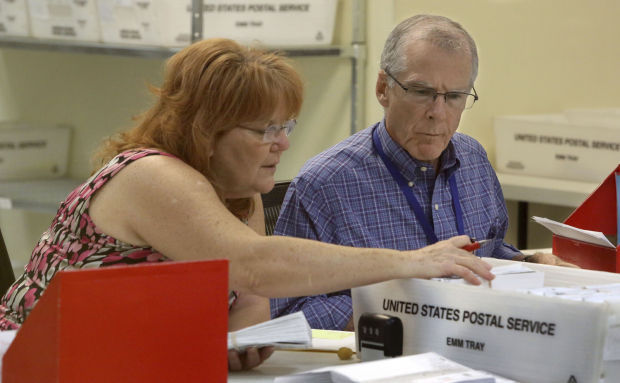A federal appeals court refused late Wednesday to order Arizona officials to count the votes of people who cast their ballot at the wrong location.
In a divided ruling, the three-judge panel of the 9th Circuit Court of Appeals rejected arguments by Democrats that minorities are more likely to be disenfranchised by showing up at a polling place other than the one assigned to the precinct where they live.
Judge Carlos Bea, writing for the majority, acknowledged there is evidence that minorities are more likely to go to the wrong place. Attorneys for Democrats said that is due to minorities being more likely to be renters and therefore moving more often.
But Bea said that hardly amounts to illegal discrimination. “There is no evidence in the record that minority voters were given misinformation regarding the locations of their correct precinct polling places, while non-minority voters were given correct information,” he wrote. “Nor was there evidence that minority voters’ precinct polling places were located where it would be more difficult for minority voters to find them, than were the corresponding precinct polling places of non-minority voters.”
Most counties have voting by precinct. If someone is not on the official poll list, election officials redirect them to the proper location. But if the person insists on voting there, they are given a “provisional” ballot that is counted only if the person was registered and entitled to vote at that location.
An attorney for Democrats said nearly 11,000 ballots were not counted in 2012 because of the wrong location. She asked the court to rule that the votes should still count for elections such as for president or senator.
Chief Justice Sidney Thomas disagreed with the ruling. “The numbers are startling,” he wrote. “The rate at which in-person ballots were rejected and not counted because the votes were cast out-of-precinct was 131 percent higher for Hispanics, 74 percent higher for African Americans, and 39 percent higher for Native Americans than for white voters.”





